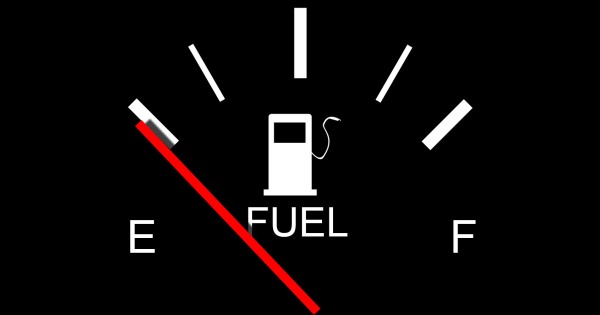5 tips to thrive not just survive

Before taking a break a couple of weeks ago, I was running on empty. I woke up every morning as tired as when I’d gone to bed, I was making mistakes I wouldn’t normally make, and I was working knee-jerk, letting emails and other people’s demands rule my day. Sound familiar?
It only took a couple of days away before I was feeling like a new person – or at least a renewed person. A break from my email and phone, time spent outdoors, a slower pace.
But already, I sense the fuel tank emptying again. So what’s going on?
The way we’re working isn’t working
You may recognise this as the title of a book by Tony Schwartz of the Energy Project. He talks about our most fundamental need being to spend and renew energy. Yet most of us spend more energy than we adequately renew, whether through active forms of renewal like exercise and play, or more passive forms like meditation, napping and sleep.
When I talk with clients, it’s pretty normal for renewal to, at the most, get a look-in in the evening, most likely the weekend and possibly even the next holiday. A long commute, back-to-back meetings, fire-fighting, family commitments, keeping fit – the list goes on.
We behave like we’re machines that you plug in and expect to work rather than sentient human beings. We pretend to ourselves that we’re being consistently productive when we’re not.
5 tips for thriving not just surviving
Here’s a few things I’m trying out :
1. Honour your ultradian cycles. As Schwartz says, “Our bodies oscillate every 90 minutes from a higher to lower level of arousal and alertness.” This effectively means our bodies are asking for a break at least every 90 minutes. Whether it’s staring out of the window for 5 minutes or taking a quick breath of fresh air, intermittent renewal is critical to sustainable high performance.
2. Listen to your body. Are you familiar with the boiling frog syndrome? When you put a frog in boiling water, it will jump out, but if you put it in lukewarm water and slowly turn up the heat, the frog won’t notice and will reach a nasty end. I know that I often ignore the signs I am over-doing it – headaches, poor quality sleep, irritability– when these are warning me I need take some time out, and soon.
3. Out of sight, out of mind. When I’m experiencing more stress, I become more reactive. I allow emails to distract me and find myself checking my devices more often than is necessary. So when I’m focussing on a particular piece of work, or relaxing, I’ve started hiding my iphone and ipad and turning off email on my laptop. I find that when I can’t see them, I’m less likely to be tempted to check them!
4. Lighten up. Sociologist Christine Carter, author of The Sweet Spot : How to Find your Groove at Home and Work, talks about how we’ve got caught up in spending the majority of our time doing things which are “instrumental” – productive not fun. Play and rest get deprioritised and we even forget how to “do” them. What relaxes and rejuvenates you?
5. Get in touch with your motivation. Why do you do what you do? To what end? For whom? Be intentional about where you focus your attention rather than being a role model for busy-ness.
Are you thriving or surviving? I’d love to hear your thoughts.
Alison Reid is an executive and leadership coach who helps senior managers and directors lead with confidence and stay calm under pressure. She's the author of Unleash Your Leadership : How to Worry Less and Achieve More. Download an extract or buy the book.
Sign up to her mailing list to receive blogs like these direct to your inbox.
